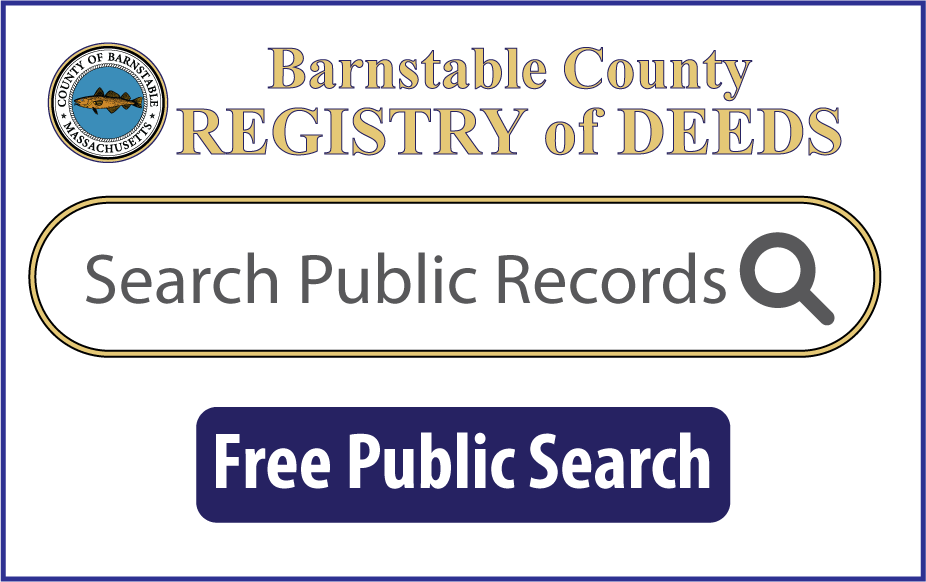“TITLE FRAUD”, MORE ACCURATELY KNOWN AS “DEED FRAUD” – RISK LEVELS AND SAFEGUARDS
Notwithstanding the seemingly non-stop ads warning of “title fraud” the actual instances of fraud related to real estate nationally are very low. Locally, in my 35 years as Register of Deeds I am aware of only one case of a fraudulent deed being recorded and in that case the fraud was discovered before the fraudster received the proceeds of the sale. I am not aware of any forged mortgages being recorded. In the rare event fraud does occur on the national level it usually happens with specific types of property and under specific circumstances. I will go into detail regarding those circumstances below but first I would like to explain the concept of “title” verses “deed”.
Without getting too deep in the legal weeds, “Title” is a legal concept, not a document. “Title” is the means whereby the owner of land has just possession of property via the union of all the elements that constitute ownership. A “deed” is the physical document that transfers “title” to a new owner. Deeds are what get recorded at the Registry of Deeds to evidence a transfer of title.
When a fraud occurs, someone forges the signature of the current owner of a property (and likely also forges the notary public acknowledgment as well) on a deed and records the forged document at the Registry of Deeds. Because the deed is forged it is not a valid transfer of “title” and no one else, notwithstanding the recording of the deed, has “title” to property. The original owner has not lost “title” to the property but does have a legal mess to clean up, unfortunately.
Obviously, no property owner ever wants to have to deal with the issue of a forged deed. However, the good news is that, as mentioned above, the instances of such a thing happening are extremely rare. This is because the motivation in nearly all deed forgery cases is to get money out of the act. Banks or mortgage companies and attorneys that are necessarily involved real estate transactions are very attuned to the possibility of scam transactions (they are the entities on the financial hook in the event of a fraud) and make the process of a fraudster getting any money out of the attempt extremely difficult.
The type of property that appears to be targeted, based on national statistics, is vacant land or vacant homes. The one instance I know of in Barnstable County involved vacant land. Vacant land is theoretically more vulnerable because the real owner is not generally around to witness any inspections, surveys, realtor visits, etc. associated with a typical sale.
While instances of deed fraud are extremely rare it is always wise to stay current on the status of all of one’s monetary assets. You can periodically check-on the status of your property by using the PUBLIC SEARCH program on our website to look for any activity by running your name under our various search options. Additionally, we have recently made available a CONSUMER NOTIFICATION SERVICE option that you can sign up for FREE to get email notification of any activity involving your name.
If you have any questions we are here to help. Please contact us at 508-375-7733.
Regards,
John F. Meade, Barnstable County Register of Deeds


 Search Barnstable County recorded land indexes and images from 1704 to the present here on our website.
Search Barnstable County recorded land indexes and images from 1704 to the present here on our website.